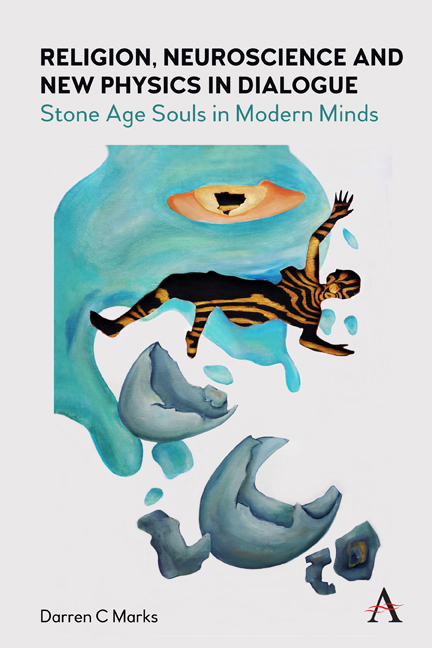Book contents
- Frontmatter
- Dedication
- Contents
- Preface
- 1 Stone Age Souls
- 2 Modern Minds—Education to Reality?
- 3 Multiverses or the Home of God?
- 4 Three Great Errors: Deconstructing Nature, Naturalism and Scientism: Fictions or Delusions?
- 5 Returning the Soul: Fictions or Illusions?
- 6 Can We Be Good? What Models Do We Have?
- 7 Concluding Postscript or We’re Okay?
3 - Multiverses or the Home of God?
Published online by Cambridge University Press: 25 March 2023
- Frontmatter
- Dedication
- Contents
- Preface
- 1 Stone Age Souls
- 2 Modern Minds—Education to Reality?
- 3 Multiverses or the Home of God?
- 4 Three Great Errors: Deconstructing Nature, Naturalism and Scientism: Fictions or Delusions?
- 5 Returning the Soul: Fictions or Illusions?
- 6 Can We Be Good? What Models Do We Have?
- 7 Concluding Postscript or We’re Okay?
Summary
The claim that there is a different universe, or lack of fundamental laws of physics, in the quantum or in the cosmological is false, popular and a misunderstanding of what most physicists and science understands the quantum as being. It is different place—outside of our perception of time and space—but it is not a mystery or random, as Einstein famously worried (or Feynmann joked). Mystery, rather, in terms of quantum mechanics needs to be understood under the rubric of Heisenberg's Uncertainty Principle and remains scientifically agnostic. What theory predicts, and evidence suggests, is something different, and certainly hostile to the traditional understanding of God in the Abrahamic traditions. As Sean Carroll writes, the problem is not what we do not know in terms of the quantum but rather that we know enough justifiably to argue that the core theory itself seems unassailable. It is just not that it is “misused and abused by cranks and charlatans—and misunderstood by people struggling in good faith with difficult ideas” but that it is audaciously simple and powerful in its scientific and real value:
(1) Everything we know says that quantum field theory is the correct framework for describing the physics underlying everyday life.
(2) The rules of quantum field theory imply that there cannot be any new particles, forces or interactions [including God/souls] that could be relevant to our everyday lives. We have found them all.
It is the second point that is the most important: we have found them all at least in the local universe we live in. Is this a statement of incredible pride or is it true?
What then does this all mean?
It is clear by any account of quantum universe cosmology that the universe is much more complex than predicted by the standard account of physics and that it is likely that the laws of physics are varied not only in terms of other universes but perhaps even within “our” universe (assuming that we are a bubble in a much larger universe as some predict). While classical physics required constants—20 odd in the standard model—that are normative within any given region of space, the possibility is raised in quantum chromodynamics cosmology (or other core theories such as quantum field theory) is that these constants may be varied, depending on the presetting conditions of the creation of that universe.
- Type
- Chapter
- Information
- Religion, Neuroscience and New Physics in DialogueStone Age Souls in Modern Minds, pp. 45 - 72Publisher: Anthem PressPrint publication year: 2021

